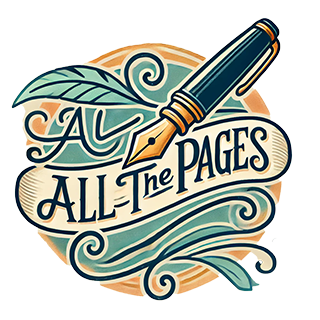The second part of the first morning’s session at eTech includes lightning talks, 15 minutes each, by representatives of Microsoft, Yahoo and Google’s research labs.
Microsoft Labs
Unconventional, cross-disciplinary research. Example: tracking one’s entire life via images and sound. It’s close to being possible today, and the implications are stunning. Rick Rashid reviewed an active project exploring this space, including lots of details about the capture system. Fascinating …
He showed a video that utilized a plain table top as a very large, interactive display device. One example showed laying a piece of paper on the table, and having the system use it as a new display device, with images/video that stay constrained within the boundaries of the paper.
Another video showed a holographic display device that researchers are using to explore alternate means of interacting with computer systems.
They are also doing some research, trying to learn from the work done in disease and virus research, to develop techniques for dealing with computer malware such as spam and viruses.
Yahoo Labs
Gary Flake listed a set of beta tools from their labs, some of which are available at http://next.yahoo.com/.
He next gave an overview of Yahoo labs. The 30+ scientists there are focused on four main areas: machine learning, collective intelligence, scientific computing and text mining. They have a balance of short and long-term projects, and believe in release early, release often.
Today, yahoo announces the Tech Buzz Game. It’s an experimental program designed to provide a hierarchy of opinions about a variety of subject matter (I’m as vague here as the speaker was). It’s related to markets, such as the Iowa Electronic market, futures markets, and so on. Basically, an attempt to quantify how “good” a result/prediction may be. It’s a joint project between Yahoo and O’Reilly. Find out more about the Tech Buzz Game.
They also introduced a new type of auction, but I didn’t catch the link.
Google Labs
Peter Norvig, shared a little about Google’s research labs, including a link to http://labs.google.com/.
One of the things he demoed was the Google Suggest program, which is a special search page where the engine tries to do the equivalent of the browser autocomplete, by suggesting possible autocompletion results based on the initial search query; this is done in real time, as you add words to the search box, new/modified suggestions are displayed. I haven’t used this yet, but it does appear to leverage upon the most commonly performed searches, much as autocomplete does in the browser.
One of the most recent “products” from google is their new map service. If you haven’t tried this yet, get ready, because it’s likely you will never use mapquest again after having experienced google maps. He gave a brief technical overview of some of the tricks they performed to make the map work so well.
